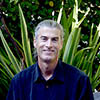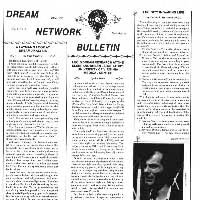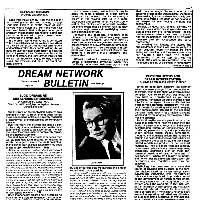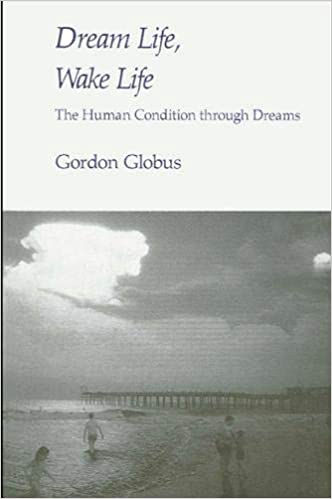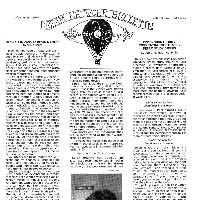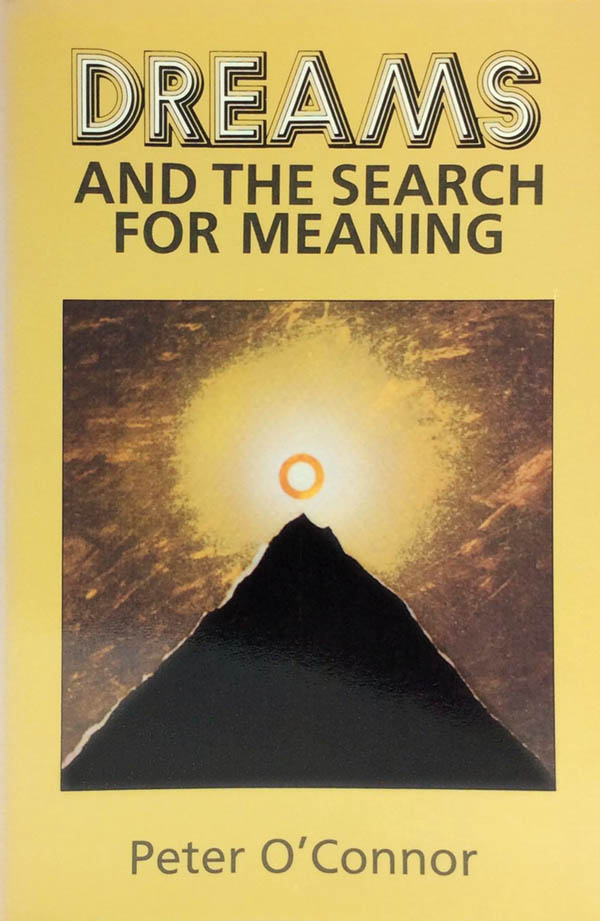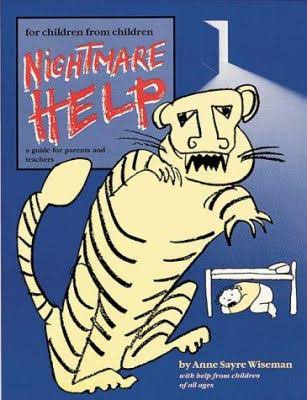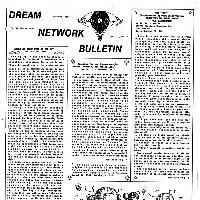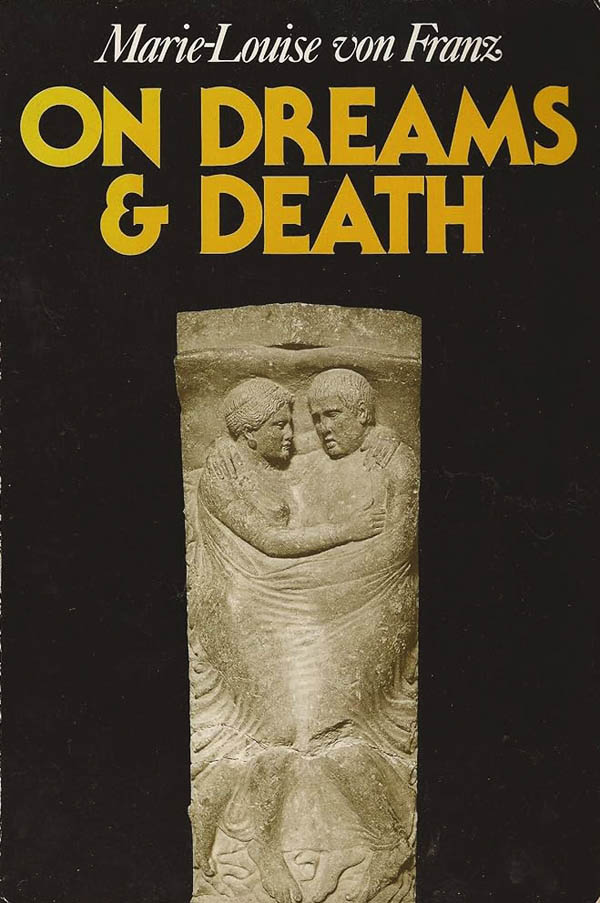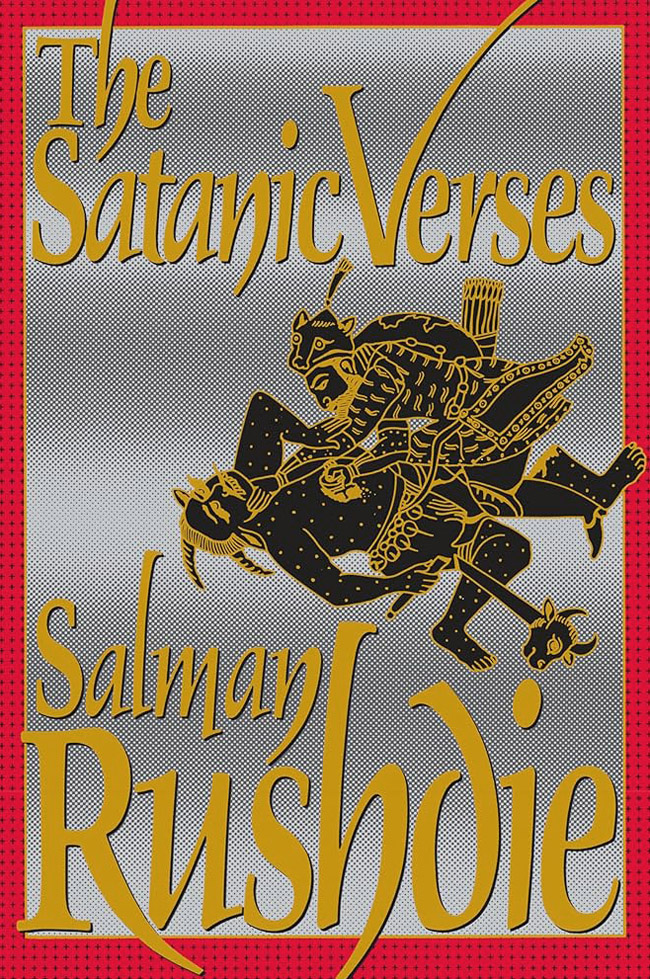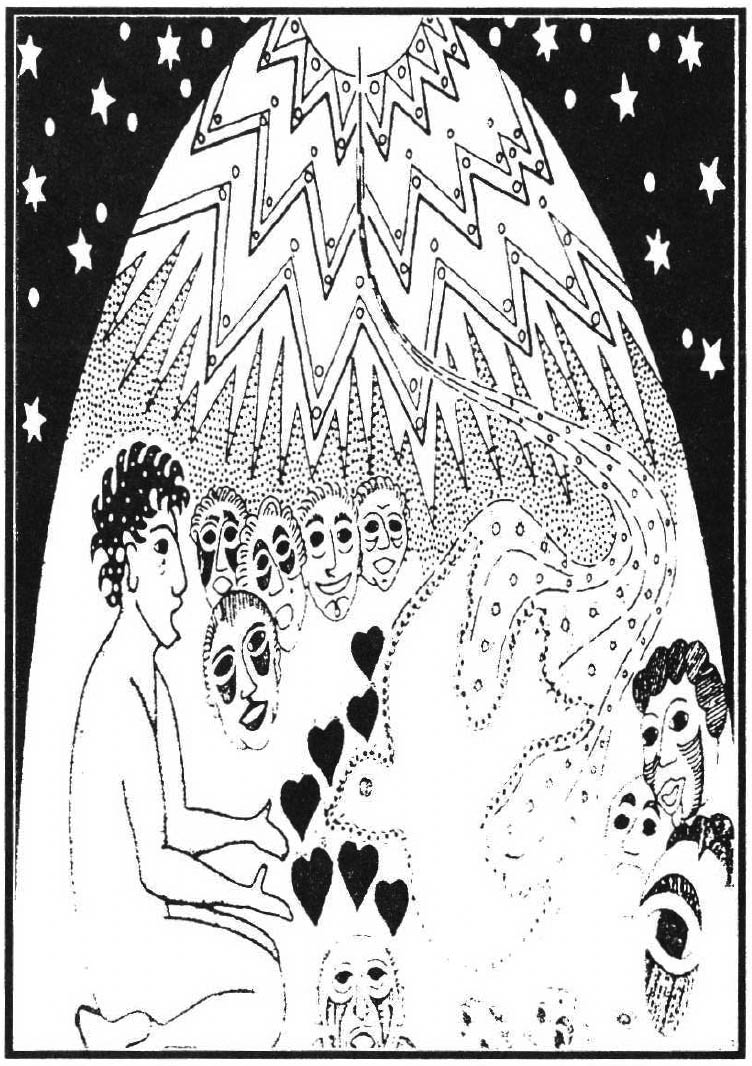It is one of our society's greatest delusions that we believe each of us exists as a separate, independent being. Modern Westerners tend to see sharp, clear cut boundaries between our individual selves and the rest of the world. Our independence, we assume, is the primary fact of our existence. As a result, we see our relationships as secondary: relationships may be important, but our individuality is our real, true essence. We believe we are all Robinson Crusoes, little islands unto ourselves, entirely self-sufficient, dependent on no one.
This delusion has been challenged by many different critics in recent years (e.g., by feminists, theologians, developmental psychologists, and Marxian social theorists). The common theme in these challenges is that humans are essentially relational beings: we exist in relationships, our very being is a product of our relationships. The Robinson Crusoe fantasy blinds us to the fact that we are "always already" in relationships-with our families, our communities, the environment, the cosmos.
Such blindness can be very destructive, for it leads us to ignore or deny the effects of our actions on others and to proudly exaggerate our own individual powers. But, delusions die hard, if they die at all. Our society's cherished belief in the self-sufficient, non-relational individual is as strong as ever and may well be getting stronger.1
In the midst of this conflict between such titanic social forces, what role can dreams play? As the books being reviewed here beautifully demonstrate, dreams have a very valuable role to play in this conflict. One of the many discoveries we make in our dreams is how deeply embedded we are in a whole range of relationships (this discovery goes as far back as Freud; for all his other problems, he did demonstrate that at one level our dreams reveal the profound importance of our relationships with our families). Dreams reveal to us the nature of our relationships, their problems and their potentials; dreams help us see where our relationships are stuck, where they are strong, and where they can be transformed.
Each of the following books discusses an important kind of relationship and how dreams give us valuable insights into it. Alan Siegel's book, Turning Point Dreams (Los Angeles: Jeremy Tarcher, 1990; 306 pp.), helps us see how dreams speak to our personal relationships-to our relationships with our spouses, parents, children, friends, and coworkers. Siegel focuses on how our relationships are transformed at certain "turning points" in our life. In his many years of psychotherapy practice, Siegel has found that our dreams respond to such turning points with powerful, extremely valuable images and energies. He says:
"A turning point or period of stress is an ideal time to develop confidence in exploring your dreams, because the manifest content and underlying meanings are usually closely related to the emotional challenges you are facing." (p. 11)
Turning Point Dreams has chapters devoted to the value of dreams in dealing with marriage, pregnancy and the birth of a child, problems with work, divorce and separation, and the death of loved ones. Each chapter discusses a kind of personal relationship that has reached a time of fundamental change, a "turning point," and Siegel shows how dreams can help us respond to those changes as creatively as we can.
Siegel has a very good awareness of current dream ·research and he uses that research to enrich his practical advice. Too often, academic dream researchers and practice-oriented dream explorers are not aware of each other's findings.
Siegel has worked hard to integrate the theoretical and the practical realms of dream study, and his book greatly benefits from the effort. Turning Point Dreams is one of the very best general audience books on dreams to appear in recent years, and I highly recommend it.

Charles De Beer's book, Dreams: Allegorical Stories of Mystic Import (Umtentweni, South Africa: 1990; 228 pp.), addresses our relationship with the divine-with the soul, the Higher Self, God, however different people and different cultures have described those powers. De Beer is a dream explorer from South Africa who has devoted years to probing the spiritual dimensions of dreams. His book is a guide to understanding the dreams that lead us into divine realms. He says in the introduction to his book,
"Dreams that you wake up with, that impress you or shake you: those dreams are allegorical stories, philosophic teachings, pointers on the way to inner development. But it is YOU who must do the developing, the analyzing, the querying, the understanding and interpreting." (p. 7)
To help us learn how to discover our own truths in such dreams, De Beer draws upon the mystical teachings of Judaism, Christianity, Buddhism, and a variety of Western occult traditions (the range of De Beer's knowledge is quite impressive). His main resource is the theosophy of H.P. Blavatsky, a 19th century mystic who sought to integrate the esoteric teachings of East and West. Dreams is a richly spiritual book, filled with moving personal stories, striking experiences of synchronicity, and powerful encounters with the divine. For anyone intrigued by the mystical dimensions of dreams, De Beer's book will be of great interest. Dreams can be obtained by writing directly to De Beer (34 Raspberry Lane, P.O. Box 598, Umtentweni 4235, South Africa).
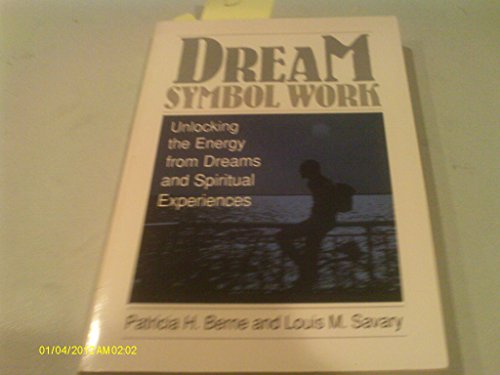
Dream Symbol Work (New York: Paulist Press, 1991; 162 pp.), also focuses on our relationship with spiritual powers. The authors, Patricia Berne and Louis Savary, also wrote Dreams and Spiritual Growth (1984; Strephon Kaplan-Williams was a co-author), and this book is a simpler, easier-to-use version of that earlier work. Berne and Savary give a nice, neat definition of spirituality:
"For us, spirituality may be defined as 'my way of living, acting, and choosing in light of my ultimate values'." (p. 6)
Their main interest is in helping people recognize the spiritual energies in their dreams and bring those energies out into waking life. In this way, Dream Symbol Work is very much a "how-to" book, a practical guide to the spiritual dimension of dreams.
Berne and Savary's basic approach is what I would call a "Jungianized Christianity," or perhaps a "Christianized Jungism." They don't get into much theory, but it's clear that their approach to dreams and spirituality draws directly on Jung and on liberal Christian traditions. In my own view (and I emphasize this is my personal reaction), this sort of Jungliberal Christianity combination misses something important in dreams-it makes everything in our dreams seem a little too smooth, too easy, too routine and expected. This sort of approach never acknowledges how truly weird our dreams are, how our dreams can be incredibly wild, gooey, creepy, and outrageous. Again, I admit that this is a very personal reaction to Berne and Savary's book. But, I love dreams because they open up to us a realm that's crazed, awe-inspiring, shockingly perverse, infinitely creative, and endlessly surprising; dreams bring us into the realm of Bosch's wild paintings of heaven and hell, into the realm of Nietzsche's beautiful, tortured philosophy, into the realm of Jimi Hendrix's passionate guitar improvisations.
Berne and Savary's book doesn't touch on any of this, and that's fine; it's a well-written book and a good introduction for spiritually-oriented novices to dreamwork. But, it doesn't, to my mind, give a very full portrait of the spiritual dimensions of our dreams. To use a wilderness metaphor, the book shows us the nice, flower-blanketed meadows of spirituality, but it says nothing about the raging waterfalls, the dark, eerie caves, or the towering, majestic mountain peaks.
This wilderness metaphor, serendipitously enough, leads into the final book of this review, James Swan's Nature as Healer (New York: Villard Books, 1992; 321 pp.). This book is not directly about dreams; rather, it is about our relationship with nature, how that relationship is broken and how it can be healed. Swan shows how dreams are one extremely valuable means we can use to heal our relationship with nature.
This should be a familiar idea to Dream Network Journal readers, given that a recent issue (Spring, 1991) was devoted to the subject of dreams and nature. People who study and explore dreams have become increasingly aware that there is an intimate connection between the inner wilderness of our dreams and the outer wilderness of our natural environment. In Swan's book, we see someone on the other side of the equation, the environmental studies side, looking at this same connection.
By profession, Swan is an "environmental psychologist," part of a new field which focuses on the relationship between psychological well-being and the environment. In Nature as Healer, Swan describes how his own dream experiences led him into a deeper, profoundly mystical relationship with the natural world. To explain his understanding of the human-nature relationship, Swan draws upon the ideas of Jung, Mircea Eliade, North American shamans, and various environmental philosophers. It's a very exciting mix, and Swan weaves a narrative that is persuasive and inspiring. His book presents a variety of methods (dream exploration, meditation, ritual, community action) that people can use to deepen their own relationship with nature. Nature as Healer shows how valuable dreams can be in promoting not just personal growth, but collective, communal growth as well.
As these four books prove, dreams are an excellent means of discovering the creative potentials of our relationships. Unfortunately, we live in a civilization that depreciates relationships, that denies the essentially relational nature of human beings. But what that means is that dream exploration now has a deep social potential: learning through our dreams to affirm the power and the value of our relationships is thus a direct, practical way of contributing to the transformation of our civilization.
1 The main critics of this belief, the people who assert the relational nature of the human self, are very much on the defensive these days. Feminists are suffering a powerful "backlash" against their views; Marxian social analysts are fighting against the assumption that the fall of Soviet communism necessarily implies that everything Marx said about capitalism's profound failings is wrong; progressive Jews, Christians, and Muslims are being overwhelmed by reactionary, paranoid fundamentalists. The widely-publicized attacks on "political correctness" in American universities are, in my view, nothing more than the demonizing of these critics, nothing more than the powerful reassertion of that great delusion of the separate, independent, non-relational self.

